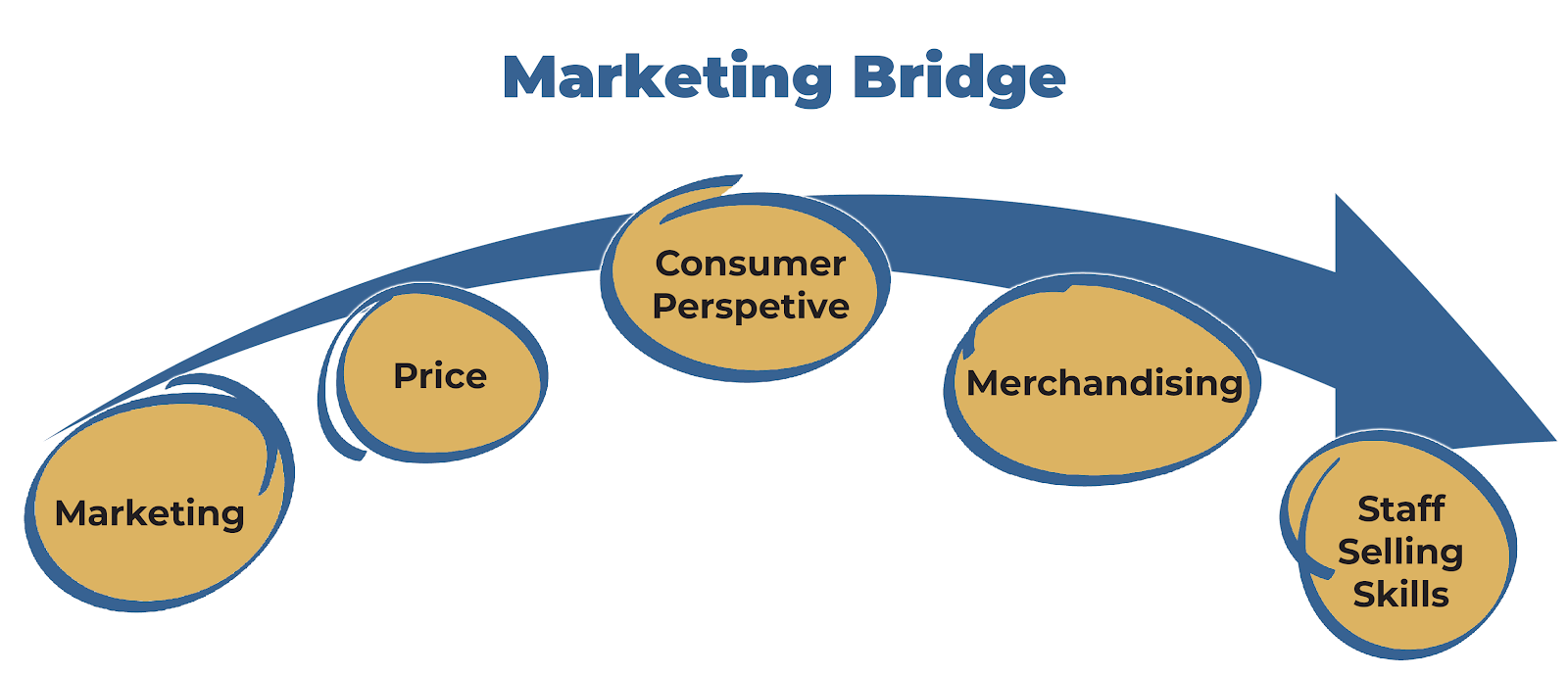
What Does It Mean to Be World-Class?
I recently met up with a colleague I haven’t seen in a decade. We worked together at a building company that nearly toppled when the housing bubble burst. He asked where I landed and was I still in the business of “prettying things up?” At first, I was a little insulted. Is that really what he thought of the work I did? With my feathers ruffled I proudly and haughtily told him of the plum job I landed.
He is a septuagenarian and has an old-world, courtly manner, so I wasn’t too surprised when he reached over and he patted my hand. What rocked me and really got me thinking about the work I did then, and continue to do, was when he said, “even though we’re a small company, you made our sales materials world-class.”
World Class? The conversation swirled around in my head. What does world-class mean? I think it means you make every effort, and take every opportunity, to swing for the fence.
What does it mean to you? A small hole-in-the-wall hamburger joint can deliver world-class service just as easily as a four-star, glitzy eatery.
Imagine a candlelit restaurant, the tables beautifully set with white linen and crystal, and a filthy bathroom. Would you go back? Or an engine repair shop ripe with the smell of gas and oil and a lady’s room with a hook for your purse and a spotless sink. It’s those things that separate a business from the competition and make it a place people drive out the way to visit and heartily recommend to friends.
Perhaps you already know this quote. It’s been attributed to a fair number of people including Carl Buehner and Maya Angelou. Paraphrasing here—people may forget what you said, or what you did, but they will never forget how you made them feel.
Do your customers feel like they’ve had a world-class experience? What can you do to ensure they do? Does the office need painting? Are the bathrooms clean?

At Mid-West Family we have a tool we call the Marketing Bridge. It covers five elements that when done right help deliver a world-class experience.
The Marketing Bridge links your business to potential customers and is what ultimately leads to success or to failure. It illustrates there is more than just advertising at work to make a business successful.
Let’s leave Marketing for now and look at the other elements.
Price—You can’t sell a commodity, such as tires, at 40% more than everywhere else and expect to sell many tires.
Consumer Perception—If consumers perceive you offer an excellent value and rave about your amazing return policy, you’re on the right track.
Merchandising—If your Christmas display is still up when people are buying plants for their yards, your merchandising needs attention.
Staff Selling Skills—If the staff of a high-end boutique ignores shoppers and they look like they are wearing the clothes they slept in, you may need to brush up on their selling skills.
Many a business owner have laid the blame for failure solely at the feet of their advertising and marketing. It’s been said good marketing will help a business go where it was heading faster—either to greater profitability or to a going-out-of-business sale. The Marketing Bridge shows that 4/5ths of success is on the shoulders of the business owner and the people who work there.
If you’re interested in checking to see how your business scores, reach out and we’ll give you an outside consumer’s perspective and help you fix any lagging elements and capitalize on your strengths.


